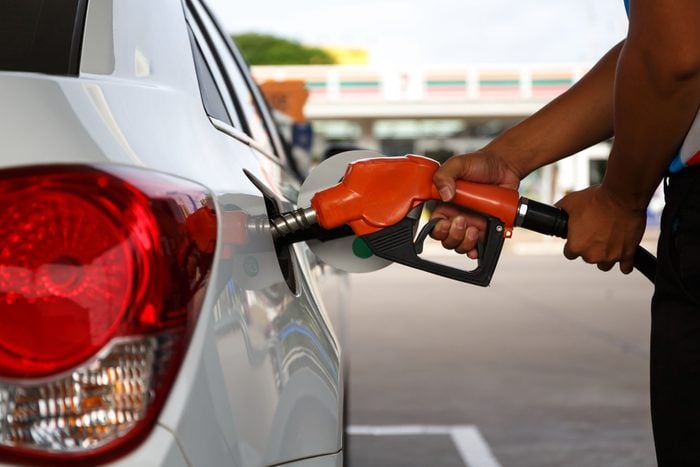Barbados Fuel Price Stagnation: A Year Without Reductions at the Pump Examined

Senator Ryan Walters questions the lack of gasoline and diesel price reductions in Barbados despite global oil price declines. Consumers have faced high pump prices for almost a year, prompting scrutiny.
by Senator Ryan Walters
I asked this question five months ago during the debate of the Appropriation Bill in the Senate, and I ask it again today. Why haven’t consumers in Barbados seen a reduction in the price of gasoline and diesel at the pump for almost a year? In September 2023 the price of gasoline and diesel at the pump reached a whopping $4.22 and $3.47 per litre respectively.
This represents among the highest prices consumers have ever been asked to pay in Barbados. Since the increase in September of 2023 there has been no change to what the government has asked Barbadians to pay for petrol at the pump.
It is now approaching a year, 12 months that Bajans have been forced to pay through their nose for petrol at the pump, although global conditions have changed somewhat. Traditionally, the price that consumers paid at the pump are reflective of the current imported price which everyone is aware is heavily impacted by the price per barrel of oil on the international market. Barbadians have grown accustomed and expect small variations in price on a periodic basis, whether it is a slight increase or slight decline in the price at the pump.
However, for no change to occur in 12 months, especially when the price we are paying is at such an exorbitant level, is a situation that warrants questioning and an investigation. Research on the average monthly international prices of oil post Sep 2023 suggests that something is not right with the way in which the Barbados Labour Party government has been asking consumers to pay at the pump over the last 12 months.
Since September 2023 the price of a barrel of oil on the international market, which ultimately dictates the price that consumers pay here in Barbados has declined. Yet no change has been made from a governmental level. If we examine the average monthly movement of the price of a barrel of oil pre-September 2023 you can see clearly that adjustments are being made locally that reflect those price changes globally. See appendix 1 below:
However, if you do the same examination post September 2023 you will see a stark difference. That is, while prices globally have reduced there has been no change in the price that consumers in Barbados are asked to pay. In the months following September 2023, the price on the world market based on the widely used Brent Crude Oil Price, reduced in some cases by 17 percent when compared to September 2023. On an overall basis, the average price per month is approximately 10 per cent lower than it was in September 2023. Yet there has been no change to what this government continues to ask consumers to pay at the pump.
The questions Barbadians need answers to are: 1. Why is this happening? 2. What is so special about the last 12 months that no price adjustments have been made at the pump? 3. Why haven’t we seen a reduction in the price of gas and diesel at the pump over the year given global trends in the price of oil? 4. Is this a result of negotiated contracts that have now proved disadvantageous to consumers? 5.
How much longer do consumers have to wait for relief? 6. How much has the government profited by not adjusting the price down as has become customary and what is the government doing with the money? 7.
This government speaks a lot about “transparency”, why has this information not been communicated with the public? Is the government hiding something? 8. Why does the Barbadian public not know the formulae used to calculate the price at the pump? 9. How does the government plan to reimburse consumers in Barbados? Bajans need reimbursement!
What the government is doing here is either illegal or unethical or both. Just a week ago, a senior minister in the current BLP government was quoted in the press as saying: “There is clear evidence to us that prices are being contained by some parts of the Barbados distributive sector, that they are keeping prices at realistic and very low levels. And then there are other people who are being cavalier with the public.”
He is further quoted as saying, “the public needs to know who are those that are acting in a dishonourable way and be able to treat those people appropriately.” I say to Barbadians now that there is sufficient proof that the current BLP administration is part of that group. The country deserves answers!


